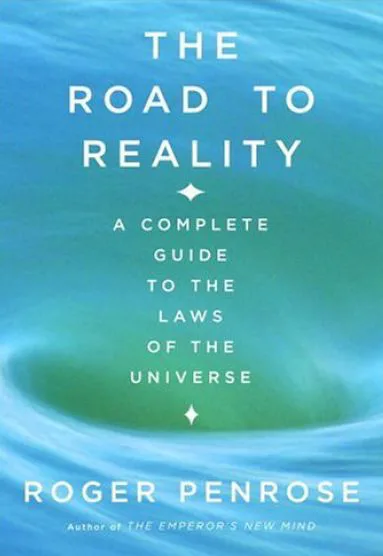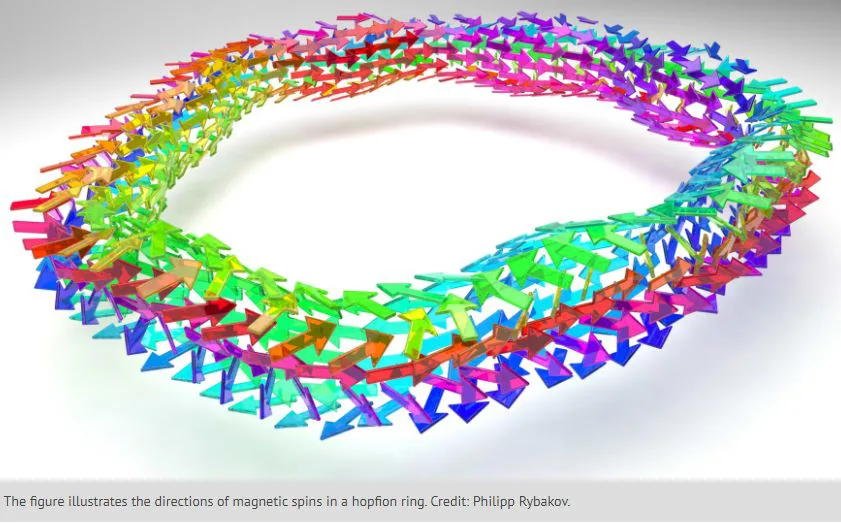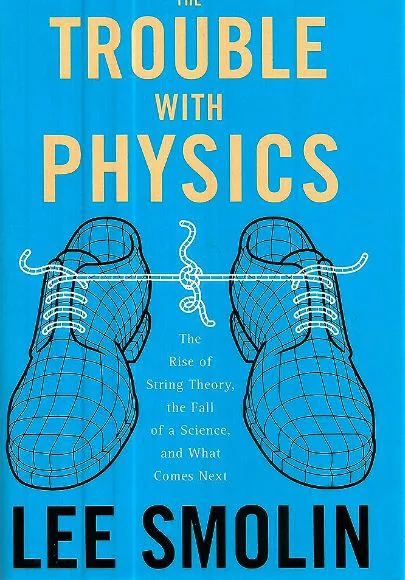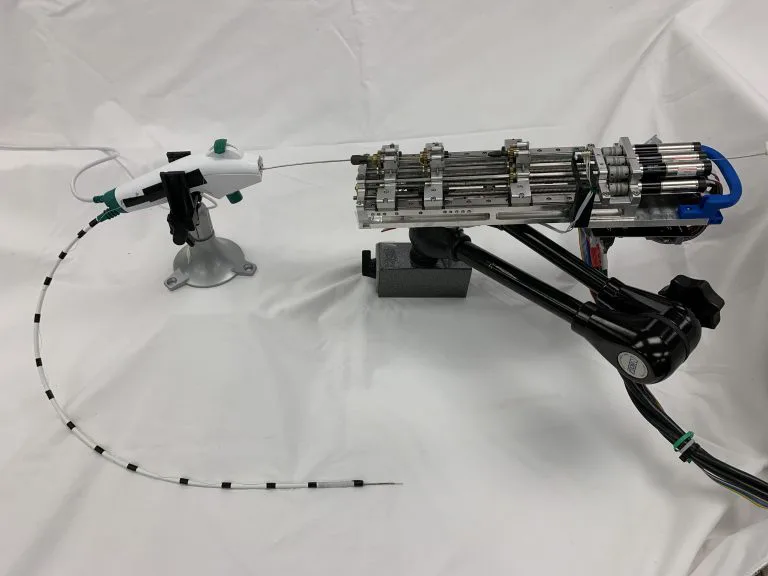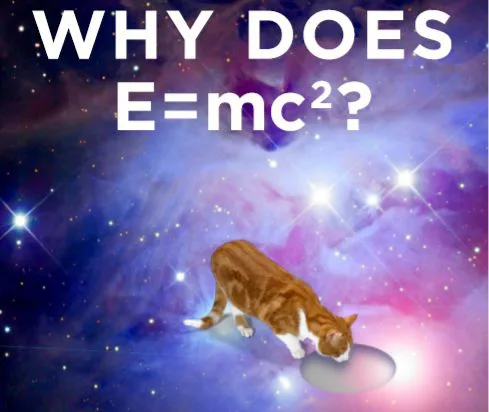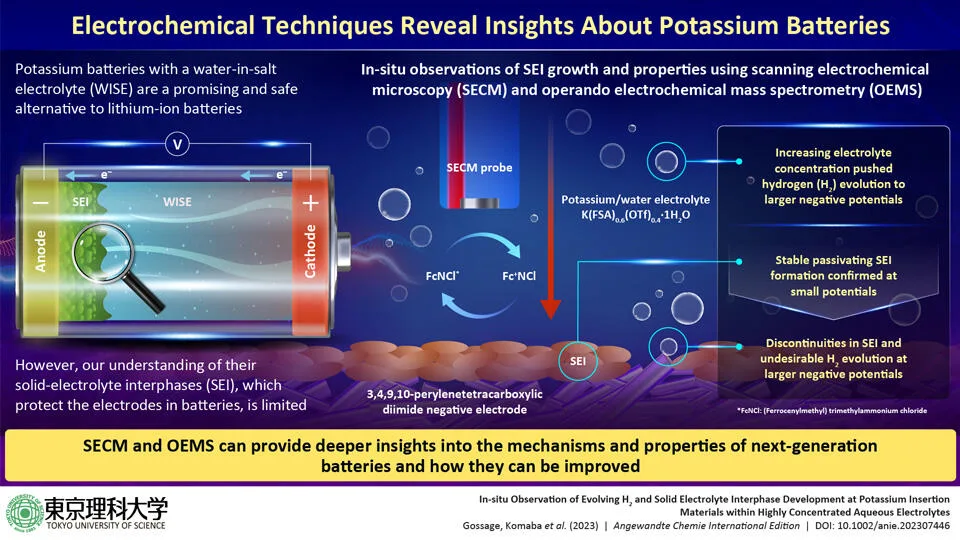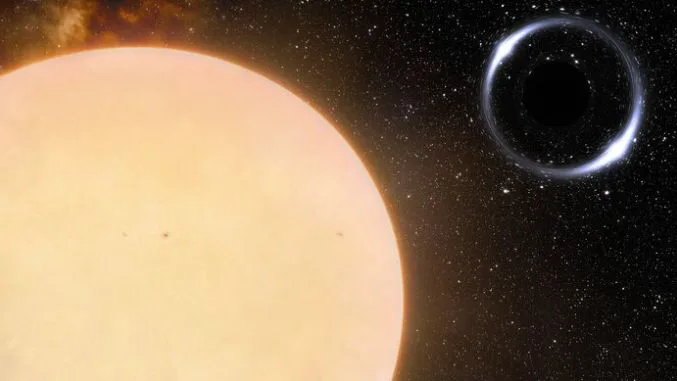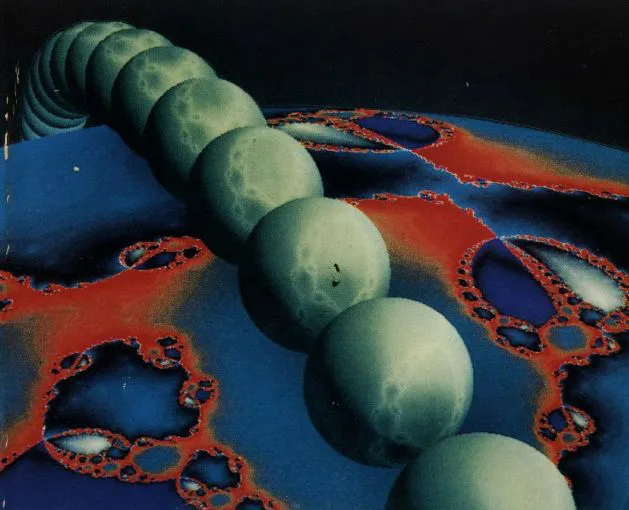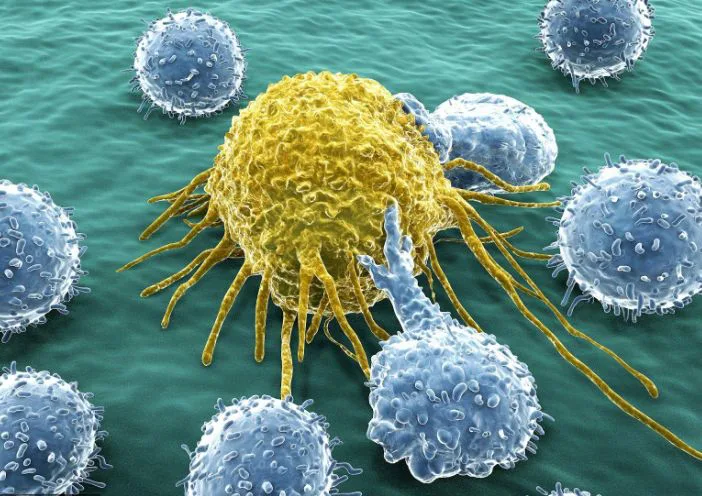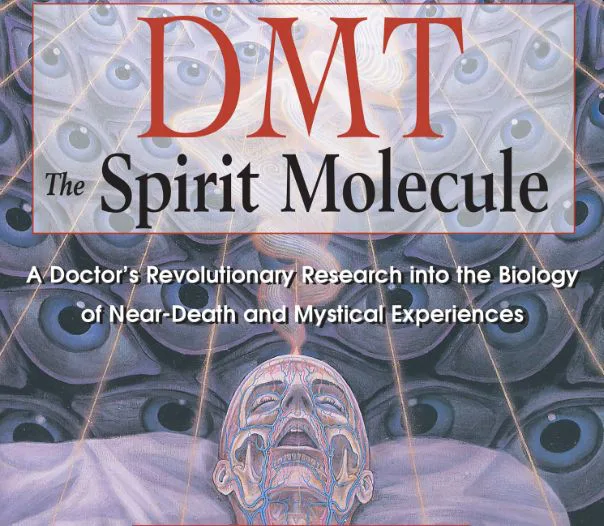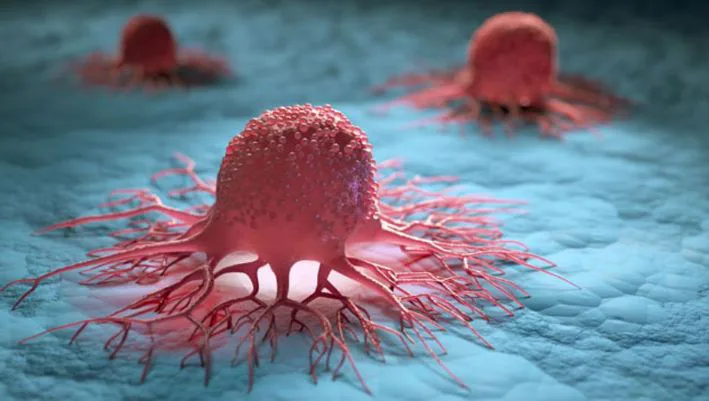“The Road to Reality: A Complete Guide to the Laws of the Universe” by Sir Roger Penrose span over 1,100 pages. It was published in 2004. Sir Penrose is renowned for his contributions to the mathematical physics of general relativity and cosmology. In 2020, he was honored with the Nobel Prize in Physics for the discovery that black hole formation is a robust prediction of the general theory of relativity.
Read MoreYear: 2023
Wearable Ultrasound Patch for Real-Time Monitoring
Researchers at MIT have developed a wearable ultrasound patch that images organs without requiring an operator or gel. The team has successfully demonstrated that the patch can, not only accurately images, but it can also gauge the fullness of the bladder. This innovation has the potential to assist patients with bladder or kidney disorders. As it can monitor their organ function with greater convenience.
Read MoreHopfions Discovered: Pioneering Breakthrough in Crystal Structures
Hopfions, the magnetic spin structures, have gained significant attention in recent years. Although their predictions have been observed several decades ago. A collaborative research effort from Sweden, Germany, and China presents it’s the first experimental evidence.
Read MoreBook Review: The Trouble with Physics by Lee Smolin
“The Trouble with Physics: The Rise of String Theory, the Fall of a Science, and What Comes Next” by the theoretical physicist Lee Smolin delves into the history of physics, starting from Copernicus. The book also explores the contemporary state of physics research. It was written in 2006, and at that time, string theory had significant influence in the field.
Read MoreBe Stars’ Dancing in Triple Systems
Jonathan Dodd and Professor René Oudmaijer’s recent research at the University of Leeds challenges the assumption that massive Be stars are mainly found in double star systems. The study, however, suggests evidence supporting the idea that these stars might be part of triple star systems. Thus, introducing a new perspective in stellar science.
Read MoreRobotic Needle Achieves Precision Navigation in Living Model
When it comes to cancer-related fatalities, lung cancer tops the list. One of the main reasons could be the presence of tiny tumors in deep within the lung tissue. This poses a major challenge for surgical accessibility. To address this challenge, researchers at UNC Chapel Hill and Vanderbilt University have been trying to fabricate an exceptionally flexible yet durable robot. The device will have the capability of maneuvering through the intricate terrain of the lungs.
Read MoreBook Review: Why Does E=mc²? by Brian Cox and Jeff Forshaw
“Why Does E=mc²? (And Why Should We Care?)” is a book published in 2009, written by the theoretical physicists Brian Cox and Jeff Forshaw. The authors have successfully managed to condense Einstein’s intricate theories of relativity and touched upon particle physics into a concise 250-page volume.
Read MoreSEI Insights in Advanced Aqueous Potassium-Ion Batteries
In the recent times, there has been significant focus around the development of high-performance energy storage solutions. Consequently, the idea has become the driving force behind the advancing battery technology. With the emergence of renewable energy sources such as wind, solar power including electric vehicles (EVs), the need for advanced energy storage systems has grown exponentially.
Read MoreEarth’s Electrons: Unexpected Contributors to Lunar Water Formation
Our planet, Earth, is not merely a rock in space but an interesting entity with various forces acting within and outside of it. For instance, magnetosphere. Earth’s core consists of molten iron. This liquid iron creates electric currents. Which, consequently, generate a magnetic field that surrounds Earth. This magnetic field extends far out into space, creating the magnetosphere. It acts as a formidable defence against the solar wind.
Read MoreLNP Formulation: To Transform Production of mRNA Therapeutics
The mRNA vaccines were made within no time during the second year of the COVID-19 pandemic. Thus, highlighting the importance of tiny fat particles or the lipid nanoparticles (LNPs) in medicine. LNPs are like special cars for delicate RNA treatments and vaccines. They not only shield the RNA (from degradation), but they also make sure it gets to its targeted location.
Read MoreBlack holes in the Hyades Star Cluster
In an international collaboration between astronomers from University of Padua (Italy), the Institute of Cosmos Sciences of the University of Barcelona (ICCUB) and the Institute of Space Studies of Catalonia (IEEC), there are indications that multiple black holes might exist within the Hyades cluster.
Read MoreBook Review: Chaos by James Gleick
James Gleick is a prolific author and essayist renowned for his insightful exploration of the intersection between science, technology, and their profound cultural impacts. In “Chaos: Making Sense of a Complex World,” he introduces us to a world where order arises from apparent disorder. It was first published in 1987.
Read MoreDecoding the Immune System’s GPS: How Cells Find Their Way Through Molecular Mazes
Immune system’s ability to distinguish between infections and inflammation is pretty much fascinating. The combination of mechanisms and signals is quite intrigue. And scientists feel there is much to explore. This clearly shows how sophisticated our body’s defense mechanisms are. Our immune system has been protecting us from a wide range of threats. And yet at the same time evolving over a span of millions of years.
Read MoreBook Review: DMT The Spirit Molecule by Rick Strassman
DMT: The Spirit Molecule is an engaging book written by Dr. Rick Strassman. It was first published in 2001. Its focus is on psychedelics, particularly DMT (Dimethyltryptamine). Dr. Strassman suggests that because DMT is present in our bodies, the pineal gland located in our brains might be where it originates. Hindus see it as the seventh chakra location, and Descartes thought it’s where the soul resides. Although modern medicine remains uncertain about the gland’s function. Research behind the book took almost five years. During the tenure, Dr. Strassman “administered approximately…
Read MoreCoordinated Gene Expression in Tumor Microenvironment: Cancer Research
Researchers at the Ludwig Cancer Research have surfaced a remarkable discovery in the realm of cancer research. They have identified a specific duo of genes which are involved in shaping the behavior of a particular type of immune cell within tumors. Like a hidden code, the duo genes guide these cells in during the progression of cancer.
Read More
